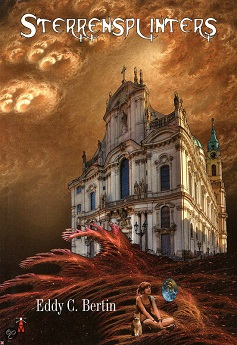Yesterday the winners of the 2014 Nebula Awards and the winner of the Best Novel award is Jeff VanderMeer, for the first book in the Area X trilogy, Annihilation. Interestingly all three of the non-Puppy Hugo finalists, The Three-Body Problem, The Goblin Emperor and Ancillary Sword were also on the Nebula shortlist, but failed to win.
Unlike 2014 then, it looks like Ann Leckie isn’t going to sweep the awards. Last year she won all of the major science fiction awards, (Hugo, Nebula, Clarke, BSFA and Locus), while this year she’s so far failed to win either the Nebula or the Clarke. Yet I wouldn’t say her current novel is that any less than her debut. Was last year crop of eligible novels for these awards so bad, does she have stronger competition this year, or is it just that juries and voters both are reluctant to give awards to sequels and/or people who’ve been honoured so extensively last time? Because that’s certainly playing a role in my ranking for the Hugo. I wouldn’t mind if Ancillary Sword won, but I’d prefer either of the other two choices — each of roughly equal worth to Leckie’s novel — to win it, just for variety’s sake.
As for the Nebula, VanderMeer certainly isn’t the worst choice to win it this year, on par with any of those three novels mentioned above and I suspect much better than either Charles Gannon’s novel or Jack McDevitt’s umpteenth nomination. You do have to wonder who keeps nominating those dull as ditchwater McDevitt novels. Is there just a core of Nebula voters who like these bland things big enough to vote it on the shortlist but not big enough to actually have it win, is it vanity campaigning on McDevitt’s part? And if so, why would you want to see your books get nominated year after year to mostly fail?
